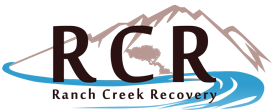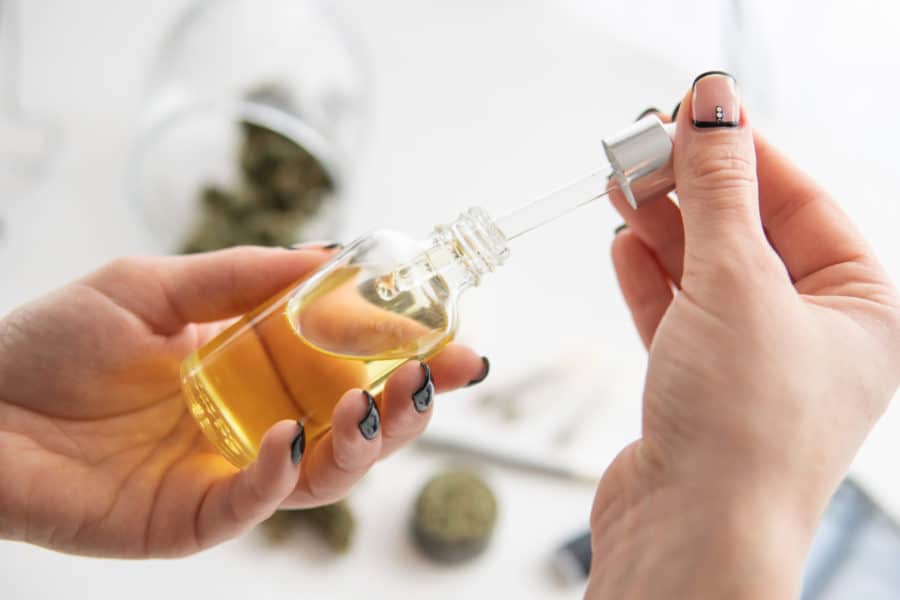Over the past decade, alternative forms of medicine and pain management have skyrocketed in popularity – from essential oils to herbal supplements to meditative practices aimed at improving the mind, body and soul.
While these holistic and natural approaches to personal health and wellbeing are often rooted in longstanding practice and tradition, relying on them solely to address serious health issues during the detox process can be a risky decision to make.
This is not to say there isn’t some validity in the inclusion of time-tested homeopathic remedies into your recovery journey. But, understanding their limitations in order to protect your health throughout the entire process is essential to benefiting from their incorporation and avoiding an unnecessary setback due to an excessive reliance on their potential healing power.
Is CBD Good for Pain Relief?
According to recent studies, CBD has been shown to improve many forms of pain and discomfort when used appropriately and in conjunction with other treatment options.
From arthritis to multiple sclerosis, the potential benefits of CBD are far reaching and capable of helping relieve various types of chronic pain when coupled with other methods – including physical therapy, established medicinal interventions and nutritional programs aimed at total body healing and personal wellness.1
What Does CBD Do for Pain?
CBD acts via the endocannabinoid system, which is active on receptors found in multiple areas of the brain, and at spinal cord level, to stop the transmission of pain signals. It is 10 times as active as morphine in its effect on certain types of pain nerve cells and produces pain relief in response to stress. It has been shown to produce peripheral pain relief, as well, by stimulation of CB1 receptors (found in the brain, lungs and vascular system).
CBD also has powerful antioxidant abilities that have shown to exceed that of vitamin C or vitamin E. This is why it rose to the forefront of holistic interventions and became one of the first endocannabinoid modulators to be used in patients to relieve pain.
So, whether a person is dealing with mild soreness, serious acute pain or a chronic condition like osteoarthritis, it turns out that CBD not only significantly reduces inflammation, but it can also enhance mood to improve the very way we perceive pain.2
Why CBD Can’t Replace Addiction Treatment
The studies showing the potential benefits of CBD for pain management are very promising, but for a person looking to begin detox to properly address their opioid addiction, managing the pain is only one component to the overall process.
This is why it is essential to incorporate a comprehensive treatment plan, delivered at a qualified and clinically accredited treatment facility, in order to achieve sustained sobriety and whole-body wellness. Enlisting the assistance of a qualified treatment facility is vital to achieving long-term success over your addictive impulses.
Other benefits associated with participating in an established treatment program include:
- Building Better Habits
Most people with a history of drug use have poor discipline and self-care habits. A critical part of self-care for a person in recovery is setting and accomplishing goals. Most people, whether in recovery or not, do not know how to set goals that are likely to be achieved, and they can become easily sidetracked and discouraged.
Rehab can help you set short- and long-term goals in the areas most important to a strong recovery. These areas include goals for your physical and emotional health, relationships, and occupational and spiritual aspirations.
- Establishing Structure to Your Daily Routine
One of the main benefits of going to a rehab facility is the structure that it provides you with. Treatment programs emphasize creating daily routines full of productive activities and counseling sessions to help keep you engaged and eliminate unforeseen distractions.
Routine becomes extremely important in replacing those self-destructive habits with positive ones that focus on healing, enabling you to avoid instances of relapse through improved personal decision making.
- Creating an Aftercare Plan to Manage Your Ongoing Sobriety
Aftercare is exactly what it sounds like: the care you need after treatment. Qualified addiction treatment programs know and understand the importance of aftercare and focus on establishing a plan to manage your sobriety after you leave the facility.
The treatment center will prepare you for your transition back into the community and help you stay free from unforeseen relapse temptations. Aftercare is necessary for your recovery journey, and something you can’t learn without participating in a credible addiction treatment center.
Life-Changing, Holistic Opioid Addiction Treatment at Ranch Creek Recovery
For those struggling with addiction who want to regain control over their entire life, you must believe that your life can begin again. It is our firm belief at Ranch Creek Recovery that you can recover from your disease and rebuild abstinent, productive lives.
If you are addicted to opioids or have a loved one who is in the grips of an opioid addiction, there is
help. We go beyond the traditional, widely used 12-Step program and focus on tailor-fitting each recovery program to address every patient’s unique needs.
With a more intimate recovery experience, a higher level of care, a serene environment, individual
recovery plans and a holistic approach, you will receive everything needed to achieve sobriety and prepare for a thriving, sober life.
Contact us today to get your questions answered.













